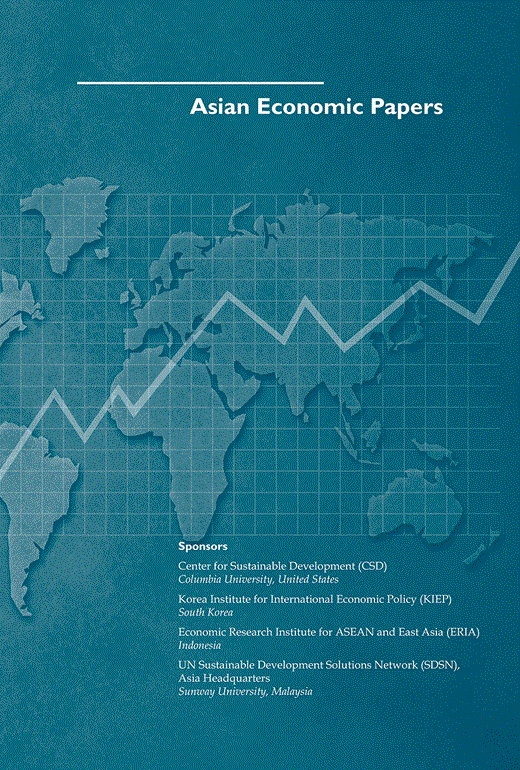Fumiharu Mieno Comments on Teleworker Performance in the COVID-19 Era in Japan
IF 5.3
3区 经济学
Q1 ECONOMICS
引用次数: 1
Abstract
The paper conducted a survey in April and June 2020 on employees who shifted to telework, asking them about the change in working environment and their subjective impressions of their own working efficiency. The results found various stylized facts: (1) the earlier the shift to telework, the better the worker’s efficiency; (2) experience and number of telework hours matter more for efficiency than workers’ base ICT skills; (3) the positive effect of telework on efficiency is highest in very small establishments and large-sized companies; (4) as for work environment, a flexible time management system enhanced the efficiency-improving effect of telework, while a results-based evaluation system led to the opposite effect; and (5) workers’ efficiency tended to increase when more hours were spent on teleworking, as opposed to spending their time on non-work activities like leisure time, housekeeping/childcare, and sleeping.Mieno Fumiharu评论新冠肺炎时代日本远程工作者的表现
该论文在2020年4月和6月对转向远程工作的员工进行了一项调查,询问他们工作环境的变化以及他们对自己工作效率的主观印象。研究结果发现了各种风格化的事实:(1)越早转向远程工作,工人的效率就越好;(2) 远程工作的经验和时间比工人的基本信息和通信技术技能更能提高效率;(3) 远程工作对效率的积极影响在非常小的机构和大公司中最高;(4) 在工作环境方面,灵活的时间管理系统提高了远程工作的效率提升效果,而基于结果的评估系统则产生了相反的效果;和(5)当更多的时间花在远程工作上时,工人的效率往往会提高,而不是把时间花在休闲时间、家务/育儿和睡觉等非工作活动上。
本文章由计算机程序翻译,如有差异,请以英文原文为准。
求助全文
约1分钟内获得全文
求助全文
来源期刊

Asian Economic Papers
ECONOMICS-
CiteScore
7.50
自引率
0.00%
发文量
16
期刊介绍:
The journal Asian Economic Papers (AEP) is supported by several prominent institutions, including the Center for Sustainable Development at Columbia University in the United States. This shows that there is a strong emphasis on sustainable development within the journal's scope. Additionally, the Korea Institute for International Economic Policy in South Korea, the UN Sustainable Development Solutions Network (SDSN) in Malaysia, and the Economic Research Institute for ASEAN and East Asia in Indonesia also sponsor AEP. The articles published in AEP focus on conducting thorough and rigorous analyses of significant economic issues pertaining to specific Asian economies or the broader Asian region. The aim is to gain a deeper understanding of these issues and provide innovative solutions. By offering creative solutions to economic challenges, AEP contributes to the discourse and policymaking that impact the Asian economies and region as a whole.
 求助内容:
求助内容: 应助结果提醒方式:
应助结果提醒方式:


